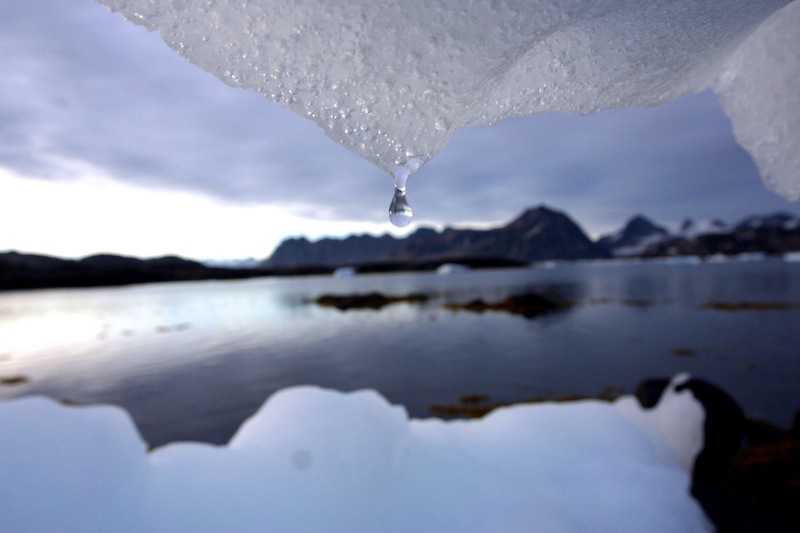Gov. Paul LePage has vetoed a bill authorizing a comprehensive long-term study that supporters say would have prepared Maine residents, communities and businesses for the risks posed by climate change.
The climate adaptation bill, L.D. 825, is titled “Resolve, to study climate change and implement the recommendations of the Department of Environmental Protection on Climate Change.”
But on Monday, LePage vetoed the measure, which would have authorized the Department of Agriculture, Conservation and Forestry to work with other state agencies and interested parties to study the effects of climate change on Maine.
The new climate change study would try to pick up where a 2010 study — “People and Nature Adapting to a Change in Climate” — left off, supporters said. The 2010 study was presented to the Legislature but was shelved when the LePage administration took office.
“As the Legislature knows, I have serious objections to resolves that impose unfunded mandates on the Executive branch or when the substance of the work is already being done and the resolve merely adds layers of workgroups and reporting on top,” LePage said in a veto message posted on his website.
“With this particular resolve, the Department of Environmental Protection and the Department of Agriculture are already conducting work in the area of climate change. The resolve duplicates work and imposes an unfunded mandate upon the agency,” the governor said.
The governor’s rejection of the legislation drew an immediate response from the Natural Resources Council of Maine, which urged the Legislature to override his veto.
“The Governor today vetoed a bill that would help Maine people, communities, and businesses prepare for the significant risks that could be posed by climate change,” Pete Didisheim, advocacy director for the NRCM, said in a statement.
“Nearly every state to the south of Maine is taking the threat of climate change seriously, and so should we,” Didisheim said. “Now is not the time to be sticking our heads in the sand and pretending that a warming climate is not a major challenge to our economy, coastal properties and way of life.”
Didisheim said that rising sea levels could cause tens of millions of dollars in damage to homes, roads and infrastructure along Maine’s coast. Ocean acidification could also threaten Maine’s lobster industry and alter commercial fisheries.
The bill mandated that the climate adaptation study be completed and a recommended course of action be presented to the Legislature by no later than Feb. 27, 2015.
The legislation had also been approved in an 11-2 vote by the Legislature’s Environment and Natural Resources Committee.
DEP Commissioner Patricia Aho testified in April that L.D. 825 would force her agency to ask for additional fiscal and staffing resources. Aho also testified that her agency is already working on a number of programs designed to curb greenhouse gas emissions and related climate change work.
But Aho’s predecessor, former DEP Commissioner Darryl Brown, told a reporter for the Maine Center for Public Interest Reporting that “we made a conscious decision that (climate change) would take a back seat.”
Dennis Hoey can be contacted at 791-6365 or at:
dhoey@pressherald.com
Send questions/comments to the editors.




Comments are no longer available on this story